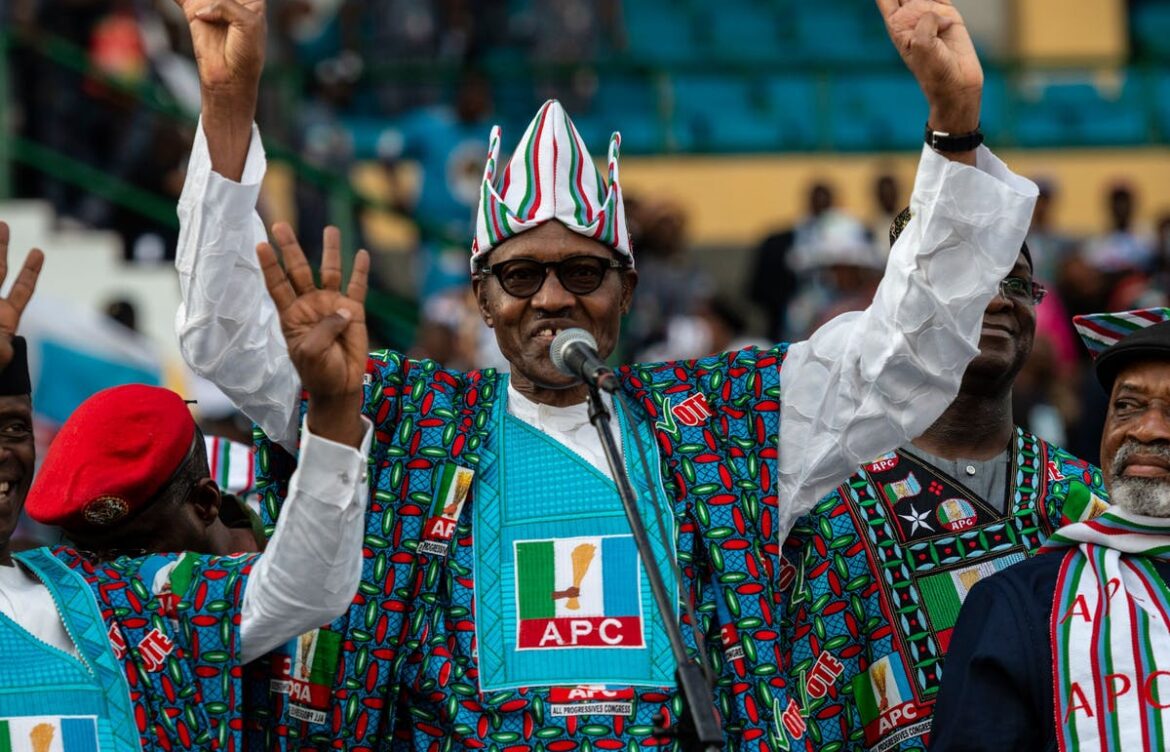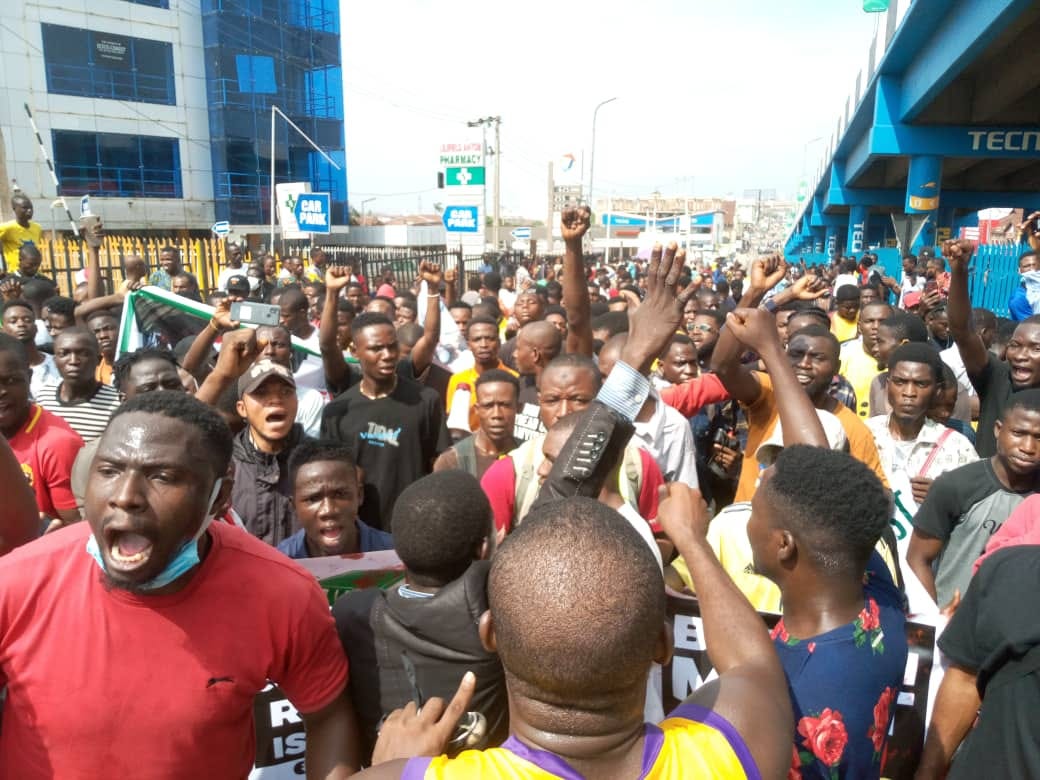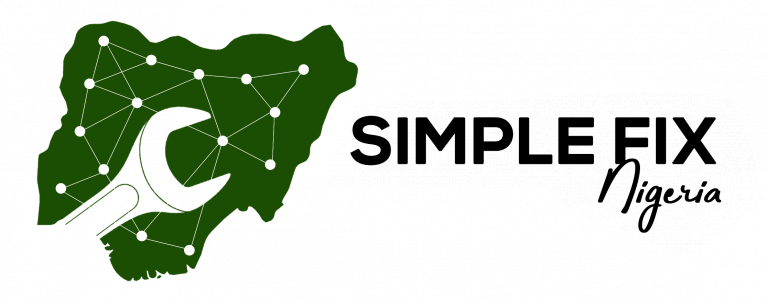
Fixing Democracy in the New Decade; The Past, and The Present.
It’s June 1993. Gen. Babangida has just recently announced the annulment of the June 12th elections. A “democratic” election between two parties — created, and initially funded by Babangida himself — which by some miracle turned out to be one of the freest and fairest elections in our history. Democracy activists are being gunned down on the streets. Media houses are banned from reporting the carnage. Abiola is secretly declared the winner. However, he would never rule as he passes on mysteriously after being imprisoned for treason. This is military-regime Nigeria.
Enter: June 12th 2021. In the South, ‘unknown’ gunmen and the military have been at it for a month now. The bodies are piling as well as the secessionist tensions from as far back as Nigeria itself. Amidst all this, progressive parties from the last elections have recently been dissolved. At least four journalists have been killed with one currently missing for almost two years now. Rt. Gen. Muhammadu Buhari has just made a tweet laced with a veiled threat for the recalcitrant Igbos. It’s not his first in the last 12 months. October 20th is too recent to be a memory. Twitter has been banned for over a week now, and democracy activists are probably on your street. This is “democratic” Nigeria.

You probably get the point by now. These two timelines of events almost 3 decades apart seem like two pages from the same chapter of a book. Though our story of self-governance has been an eventful one featuring 9 constitutions, 4 Republics, and 22 years of our longest democratic spell, whether under military or democratic rule, Nigeria’s story seems to be heading to the same climax. And, it doesn’t seem like a happy ending.
Democracy seems to have worked fine in other climes, albeit, personalized versions per case. If this is so, what have we got wrong? Is ours broken? And if it is, how do we fix it? The popular quote by Abraham Lincoln best summarizes the idea of democracy;
“… a government of the people, by the people and for the people.” — Abraham Lincoln, 1863
This statement reveals how democracies should work, and possibly why ours is terribly failing.
The People
Foundational to democracy is the idea of popular sovereignty meaning the people have supreme power, and furthermore, can give it to whomever they choose whether those choices are fueled by knowledge or by political ignorance. This is its greatest strength as well as its greatest weakness. Democracy encourages the people to be politically lazy. Yes. Running a government can be a tedious job. That’s why we hire public servants to do the grunt work. However, political ignorance and laziness in Nigeria is epidemic in nature. Since the 2007 presidential elections, voter turnout has been on a downward spiral with Nigerians perceiving elections as a gimmick or just a feel-good holiday. Even worse, Nigerians as a whole lack the most basic knowledge of local and state politics with a majority not being able to name their current representatives in any of the two Houses, or knowing anything about the constitutional process of recall – the citizens’ trump card when all else fails. This lethargy towards politics is what allows the second problem with Nigerian democracy to fester.
The Politics
The general political disinterest in Nigeria has not only perpetuated a culture of bureaucratic impunity, but even worse, it has created a dichotomy between the politics and the people, and this is clear from the fact that in Nigeria the only people who know about politics are those involved in it. Left unsupervised, those in power have the opportunity to break down one of democracy’s strongest components; the political system.
A crucial system of checks and balances is what makes democracy work. Basically, the people elect their representatives (legislature) and their President (executive) in separate elections. The people then check the legislature. The legislature checks the executive while they are both being checked by an independent court (judiciary). This system can seem inefficient, however, it is what keeps the flow of power in cyclical motion with no party holding enough to make it superior. It can somewhat be split into the people and the politics (as a whole). Therefore, when the people refuse to partake in the political process, it gives the political system the onus to consolidate around itself developing a cronyish political caste that excludes the people, eliminates political options, and dissolves political choice.
And the death of political options and choices is the death of democracy. This is the dilemma we find ourselves in as a nation.
How do we fix it?
Nigerians are plagued with a messiah-syndrome. We daily fantasize about that omni-leader that would magically fix all our problems accumulated over decades in a four-year tenure. Now peradventure such a model figure surfaces, can he/she win an election? If an Abiola reincarnate were to contest today would he succeed? We have had our fair share of progressives run and lose woefully, so that question is obviously rhetoric.
As much as we love to play the blame game with our leaders, the first responsibility for the management and well-being of any democracy lies with the people. It is a government of the people. We do not realize it, but the only way to have any level of control over the ultimate output of the democratic system is to supervise it from the grassroots level. Today’s LGA chairman is tomorrow’s governor. Today’s governor is tomorrow’s president. That’s how it works. The only way we can clean out our politics is from the ground up. As a people, we have to get into the “dirty game” of politics through political education and involvement.

Ask questions. In a country like Nigeria where a lot of questions need to be answered the best way is to start with one. Who is your LGA chairman? Who are your representatives in the Houses? Can you access their contact info? What projects have they propelled? How relevant are those projects in relation to 2030 SDG goals?
Today is Democracy Day. Don’t just go out on a protest. Learn something about your ward today. Even better, protest smarter. Stage your protest at your LGA. Turn it into a town hall meeting or something. As long as a question remains to be asked, inquire. Obviously, our path to a truly democratic future only begins here. There is so much more to be said about enforcing accountability from our political system, tackling corruption, etc. But hopefully, as we take these steps of engagement we would begin the next chapter of our democratic story that takes us out of this cycle of past, present and present.
NB: This article focuses majorly on citizen action towards fixing Nigerian democracy. Watch out for the follow-up piece on fixing Nigerian democracy through the political system.

Udeani Ikechukwu
June 12, 2022This is beautiful article brother. Very brilliant and top notch. The sooner we get things right, the better. #Floreat
Chike Donald Ibewuike
June 12, 2022Thank you Ikechukwu. Questions are what we need to be asking. And we need to keep asking them until we get answers. Floreat brother.